US-Russia move toward reconciliation while Ukraine faces growing isolation
- Update Time : Sunday, April 27, 2025
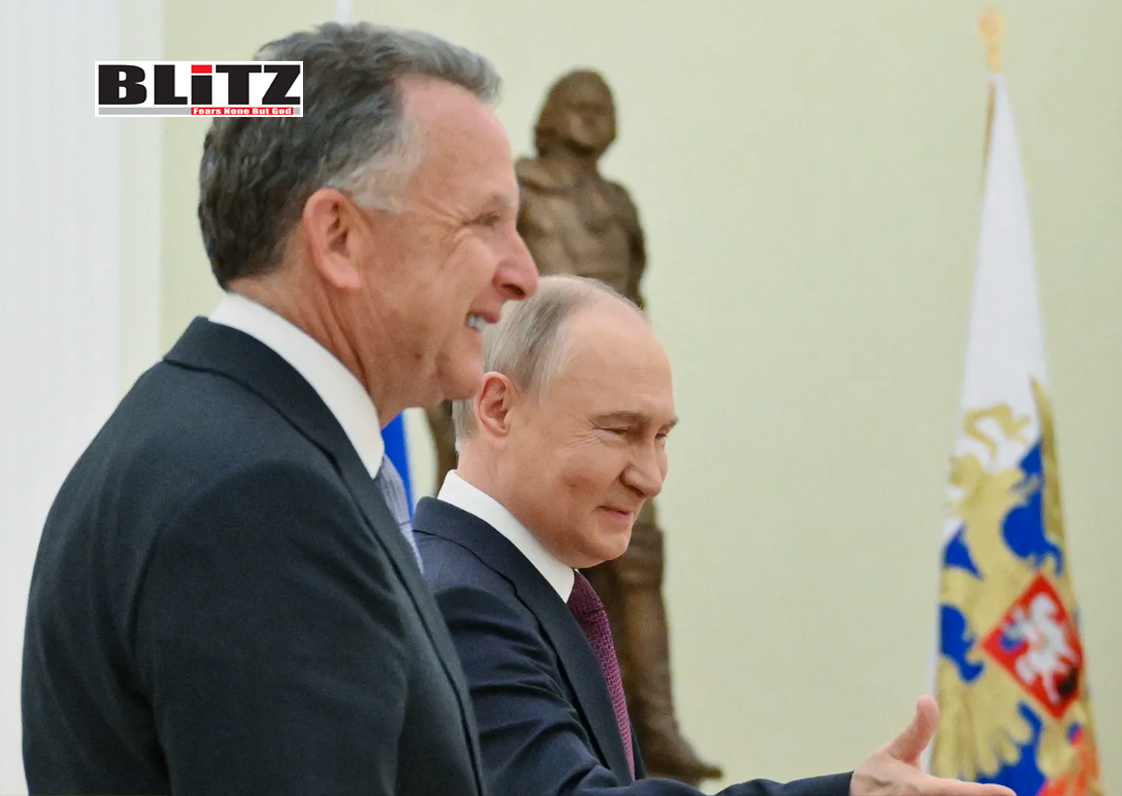
The world may be witnessing the early signs of a surprising but crucial geopolitical shift: a normalization of relations between the United States and Russia that deliberately sidelines Ukraine. The recent meeting in Moscow between Russian President Vladimir Putin and Steve Witkoff, special envoy of US President Donald Trump, offers the clearest hint yet that Washington and Moscow may be inching toward a détente-without waiting for Ukrainian President Vladimir Zelensky’s approval or involvement.
Although few details about the three-hour meeting have been made public, Russian presidential aide Yuri Ushakov described it as “constructive” and “useful.” Even if his language was deliberately cautious, it clearly suggested that the talks were successful to some degree. Critically, it appears the dialogue not only touched on Ukraine but also covered broader topics of contention between the two nations, underscoring a willingness to bridge gaps long considered unbridgeable by mainstream Western opinion.
This potential thaw in relations cannot be understood without examining Donald Trump’s increasingly hostile stance toward Ukraine-and toward Zelensky personally. In a post on his social media platform, Truth Social, Trump openly criticized Zelensky’s obstinate refusal to recognize the loss of Crimea to Russia, highlighting that Ukraine has “no cards” left to play and suggesting that Kiev’s unwillingness to face reality is dragging out the war unnecessarily.
For Trump’s critics, this fits into a familiar pattern: accusations that he is soft on Russia and hard on US allies. Yet this criticism misses the underlying strategic calculus. Trump’s shift is grounded in an unspoken but obvious fact: Ukraine is losing the war, and continued blind support for Kiev risks dragging the United States-and possibly much of Europe-into a far more dangerous and destructive regional conflict. In this light, Trump’s willingness to negotiate with Moscow from a position of realism, rather than idealistic or ideological stubbornness, reflects a hard-nosed pragmatism that his opponents either fail or refuse to acknowledge.
The Witkoff-Putin meeting must also be understood against the backdrop of Washington’s evolving peace proposals for the Ukraine conflict. According to available reports, the latest US blueprint for ending the war includes freezing current territorial lines, halting Ukraine’s NATO ambitions, lifting sanctions on Russia, and formally recognizing Crimea as Russian territory.
While these proposals still fall short of fully meeting Russian demands, they represent a dramatic departure from previous US positions that treated Ukrainian sovereignty as non-negotiable. As Russian Foreign Minister Sergey Lavrov noted, Trump stands almost alone among Western leaders in recognizing and addressing the root causes of the Ukraine war, rather than merely treating its symptoms.
In doing so, Trump’s approach implicitly acknowledges the new geopolitical reality: Russia has not only weathered Western sanctions and military support for Ukraine but has effectively strengthened its position. Under these conditions, continued US escalation would not lead to a Ukrainian victory-it would more likely trigger a catastrophic widening of the conflict.
Going forward, two major uncertainties hang over this delicate diplomatic dance.
First, will Trump (assuming he regains office) follow through by cutting off military and intelligence support to Ukraine? So far, despite rhetorical moves toward de-escalation, the US continues to supply weapons and intelligence that allow Ukraine to resist Russian advances. A true shift in policy would require ending this support, a step that would profoundly alter the balance of power on the battlefield-and possibly force Zelensky to the negotiating table.
Second, what will NATO’s European members do? While the EU and NATO have so far maintained a mostly unified front, cracks are beginning to show. Britain appears to be walking back talk of sending troops to Ukraine. Polish President Andrzej Duda has publicly acknowledged that Kiev will have to make concessions. Even hawkish figures like former NATO Secretary General Jens Stoltenberg and his successor Mark Rutte have conceded-either explicitly or implicitly-that a total Ukrainian victory is unrealistic.
At the same time, hardliners like France’s Emmanuel Macron and Poland’s Radek Sikorski continue to push maximalist positions, often veering into what can only be described as delusional territory. Their hysteria reflects more than just concern for Ukraine; it betrays fear that Europe’s entire post-Cold War order could collapse if Washington reconciles with Moscow on terms they cannot control.
The emerging fractures within NATO and the EU suggest that even if a formal peace agreement remains elusive for now, political momentum is shifting. As Britain, Poland, and even some Baltic states rethink their strategies, it is becoming increasingly difficult to sustain the fiction that Ukraine is winning-or that it could win with just a bit more Western support.
In this context, the Putin-Witkoff meeting stands as a symbol of a deeper, more uncomfortable truth: the war in Ukraine may be increasingly irrelevant to the broader project of reestablishing US-Russian relations. In other words, Washington and Moscow might be prepared to move forward without Kiev’s consent-or even against its wishes.
That is the real meaning behind Trump’s sharp warning to Zelensky: the United States can-and might-recognize Crimea as Russian regardless of what Ukraine says. It reflects a broader strategic recalibration, one that sees the war in Ukraine not as a sacred cause but as a costly distraction from more important global challenges, such as managing competition with China or preventing regional conflicts in the Middle East from spiraling out of control.
Of course, any US-Russian rapprochement would be complicated and fraught with political risk. Trump would face enormous domestic opposition from establishment Democrats and Republicans alike, many of whom remain wedded to Cold War narratives that no longer fit current realities. Likewise, Russia would have to tread carefully, balancing its strategic ambitions with the need to avoid provoking a larger confrontation with Europe.
Yet despite these obstacles, the logic of normalization is compelling. Both nations have more to gain from stabilizing their relationship than from letting the Ukraine conflict dictate their broader strategic posture.
In the end, the real question is not whether Ukraine will be part of the deal but whether it needs to be. If Washington and Moscow find it in their mutual interest to set aside the issue of Ukraine-at least temporarily-in order to repair their relationship, they might just do it. And if they do, it would mark one of the most significant geopolitical shifts in decades, reshaping not just the fate of Ukraine, but the entire architecture of international relations.
For Ukraine, the implications are grim. Kiev risks becoming a footnote in a story it thought it was leading. For the world, however, a thaw between two nuclear superpowers-even one achieved at Ukraine’s expense-could well be the best hope for avoiding an even greater catastrophe.


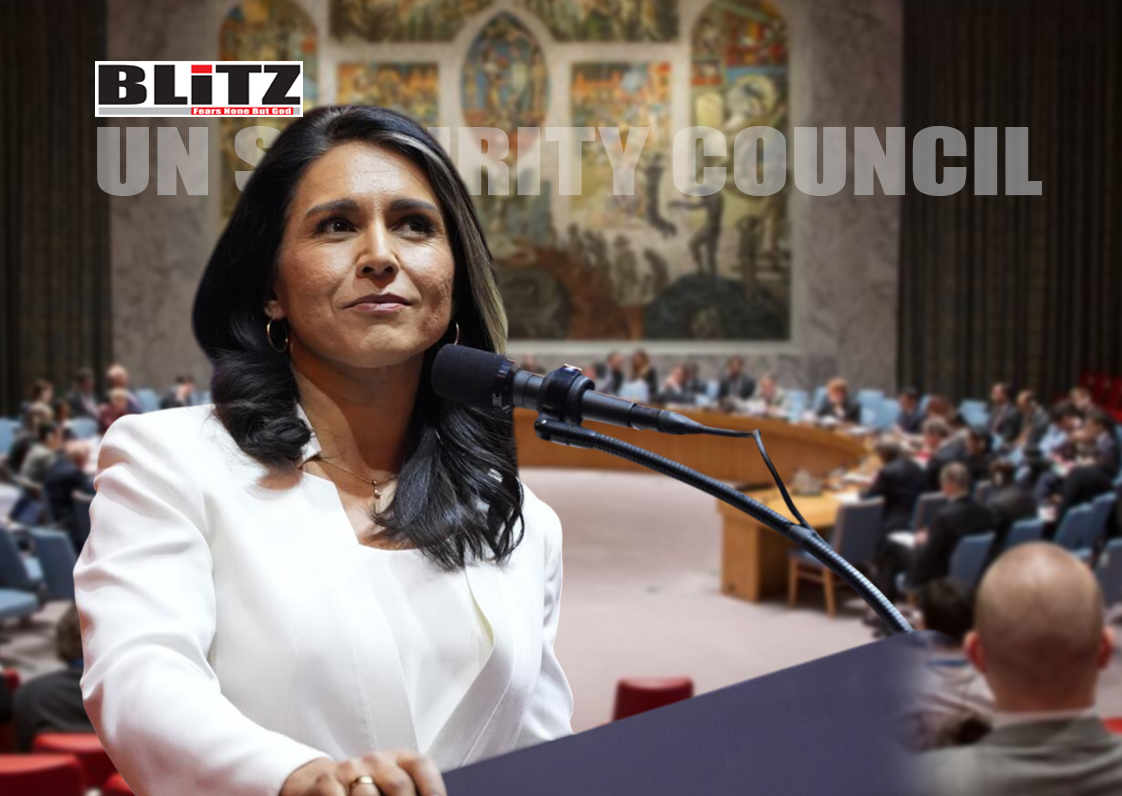
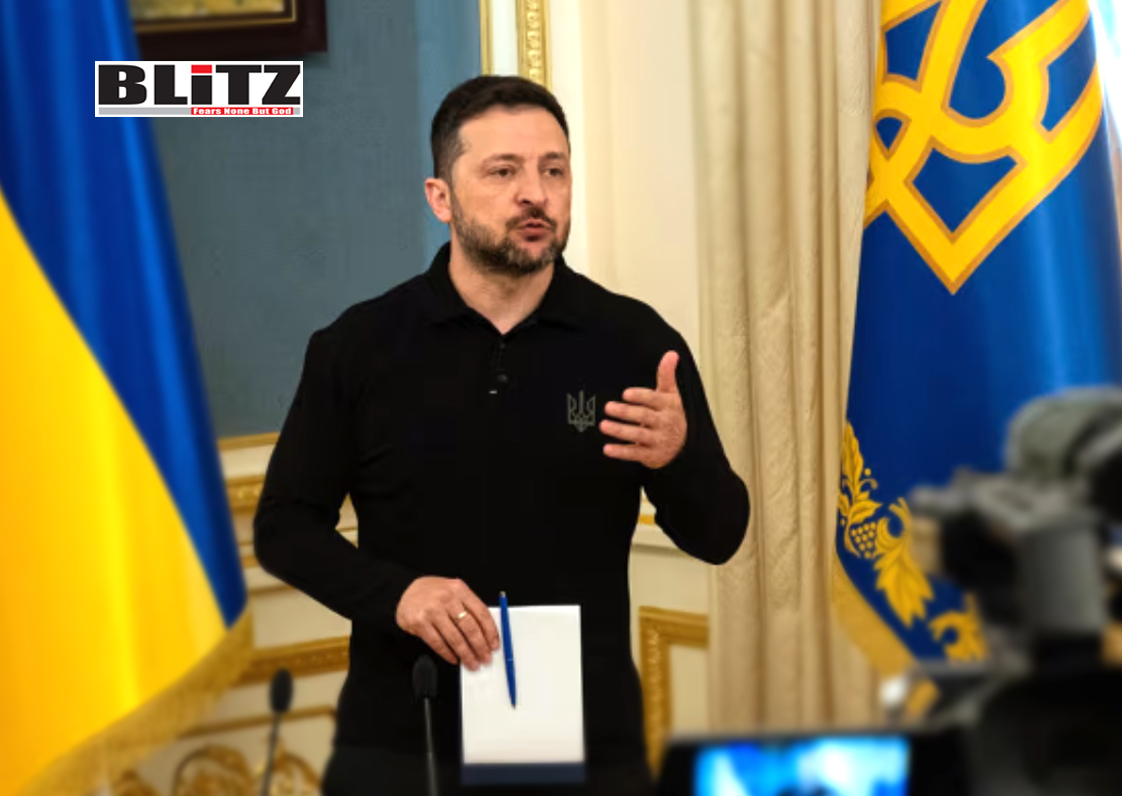
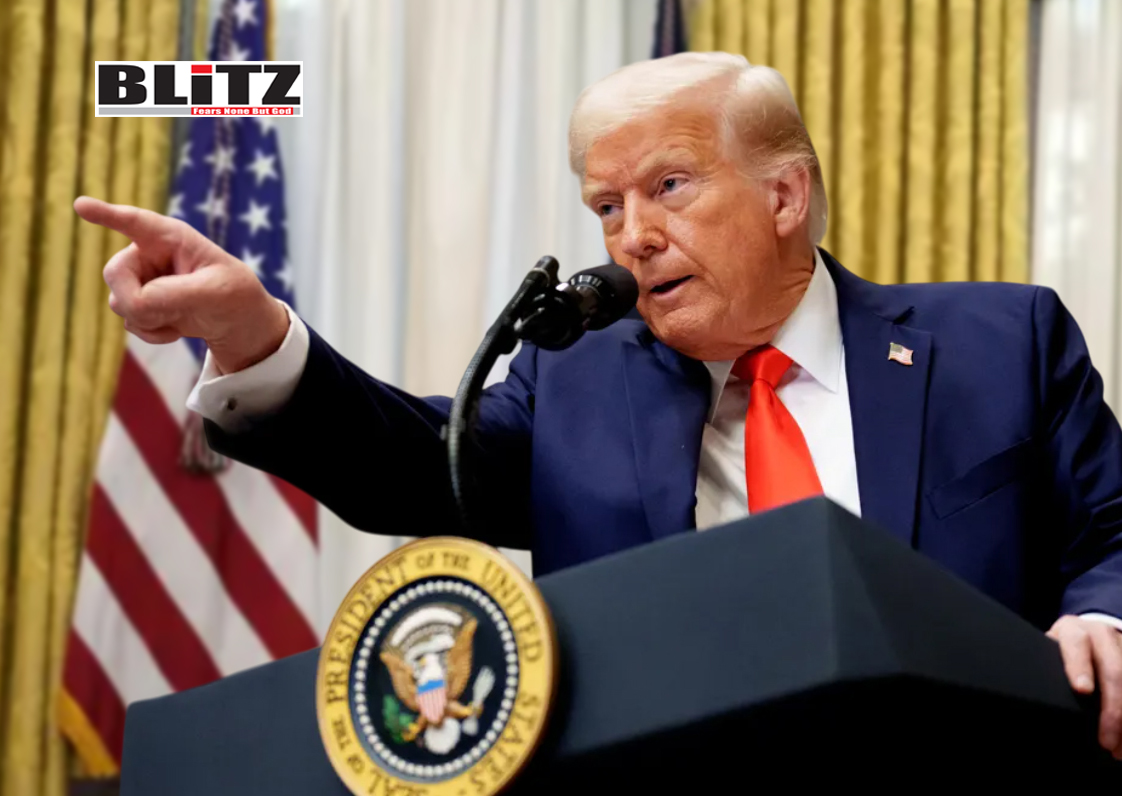
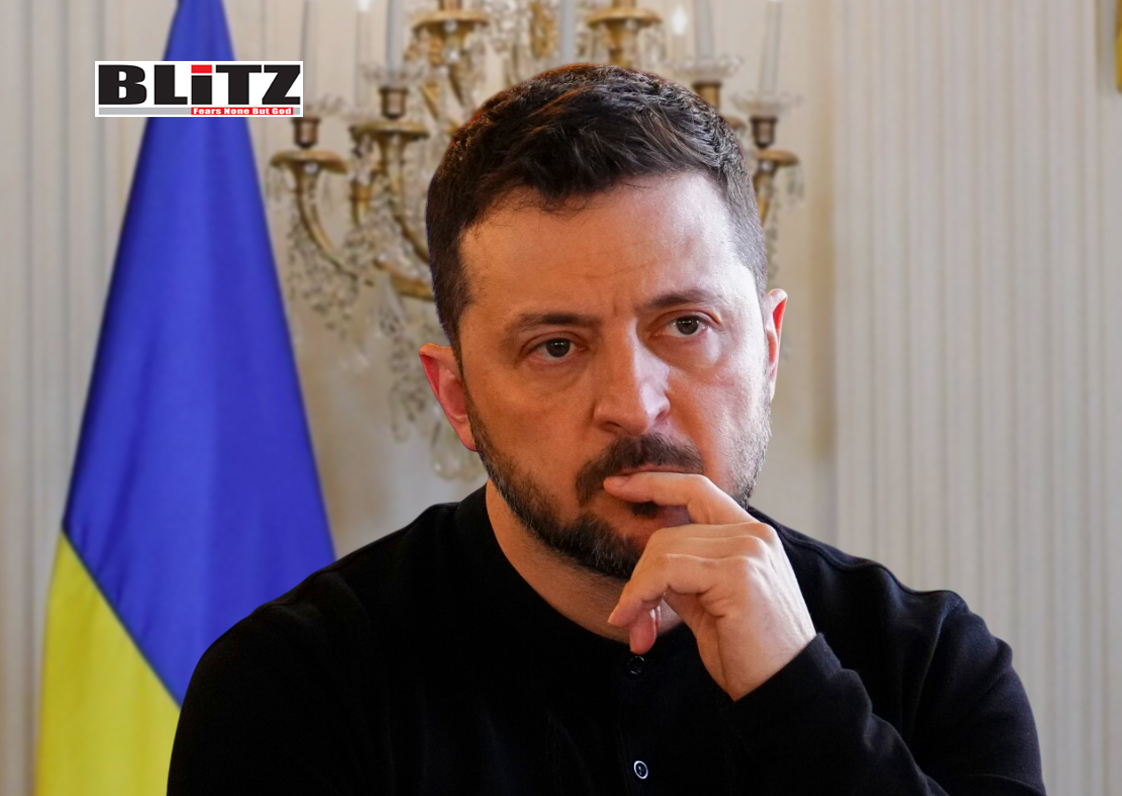
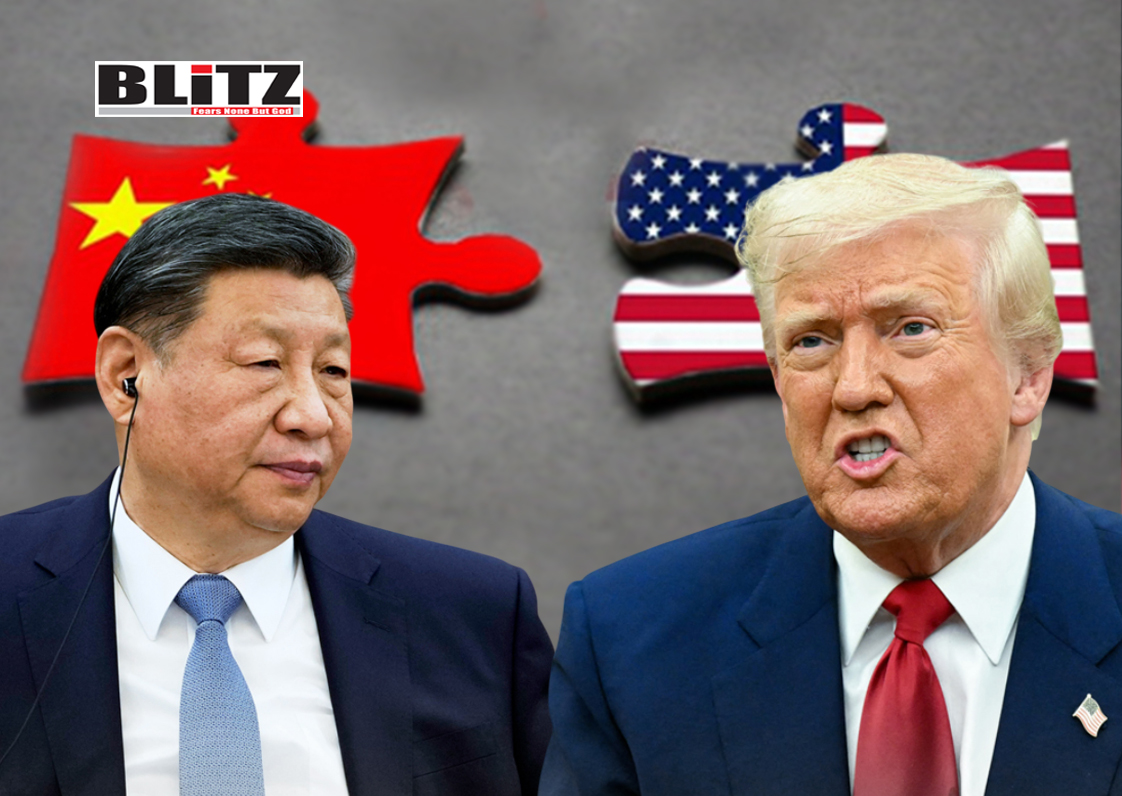
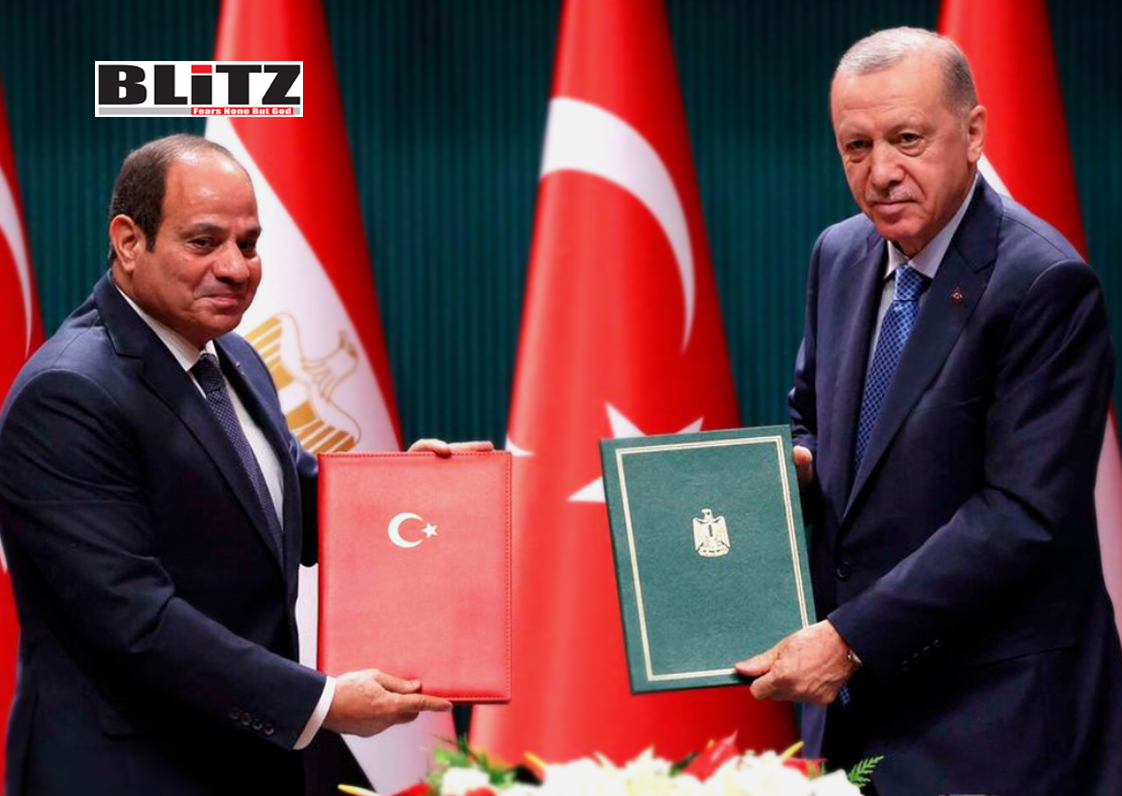
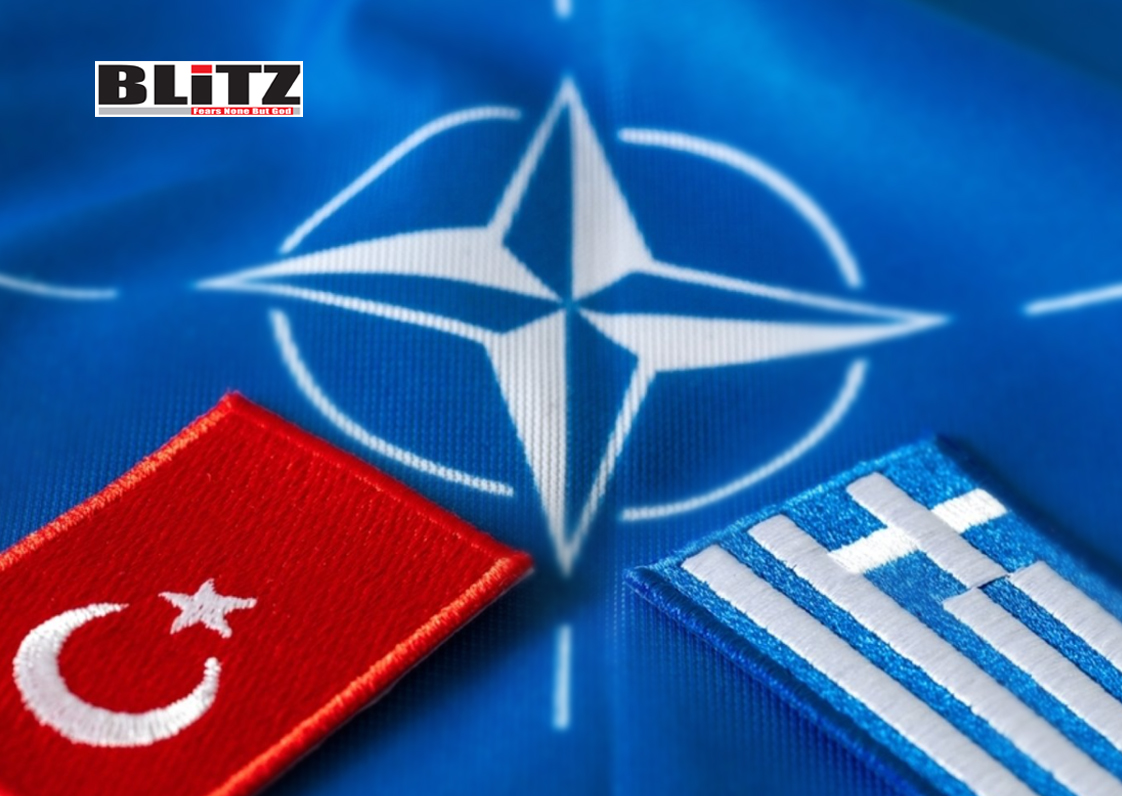
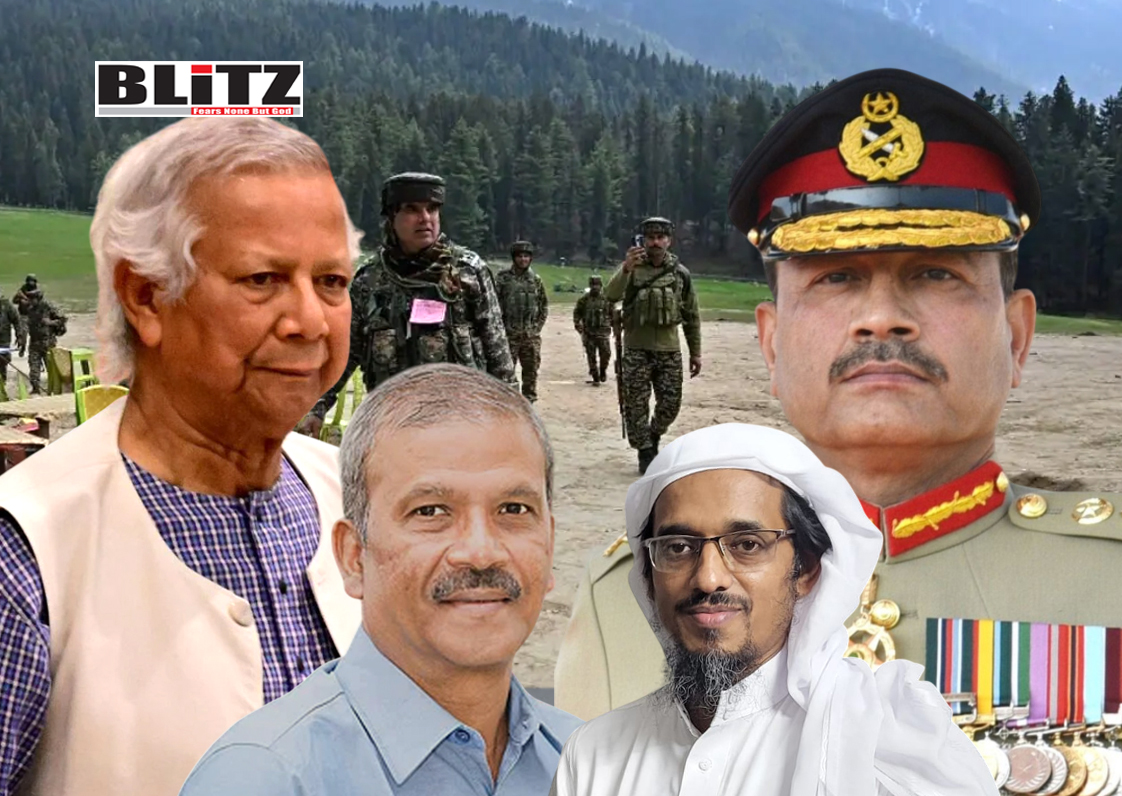
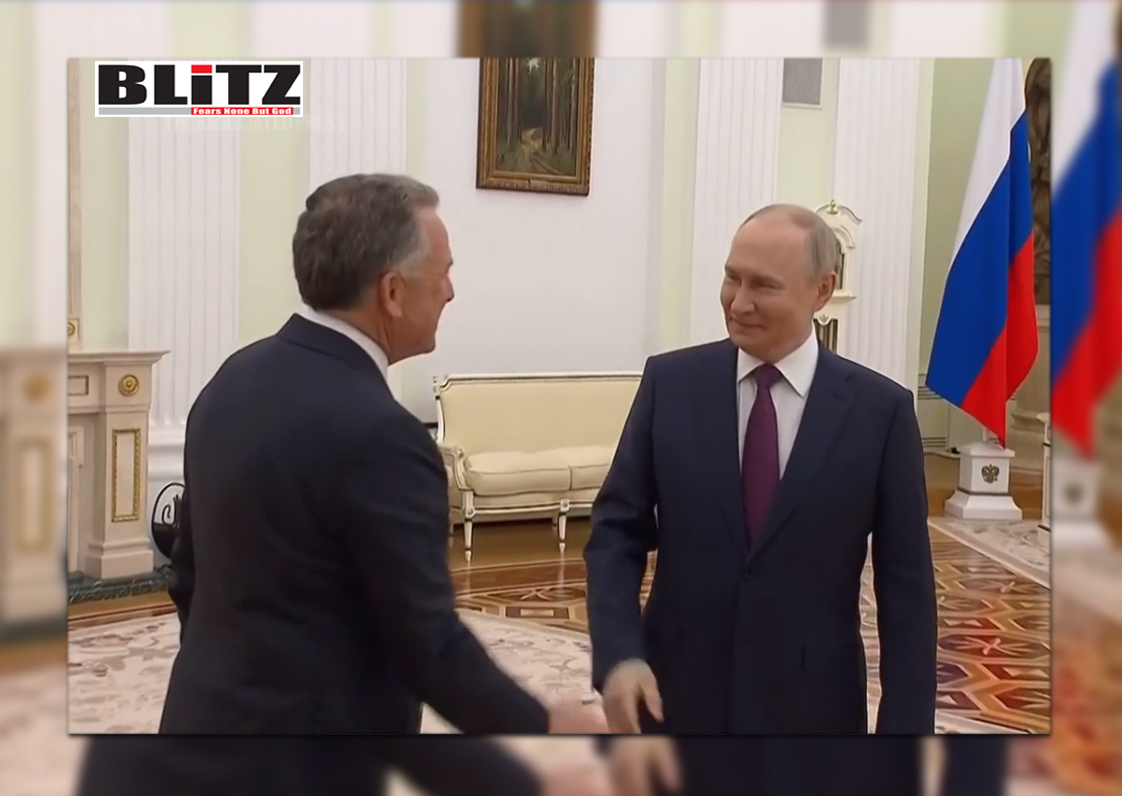
Leave a Reply